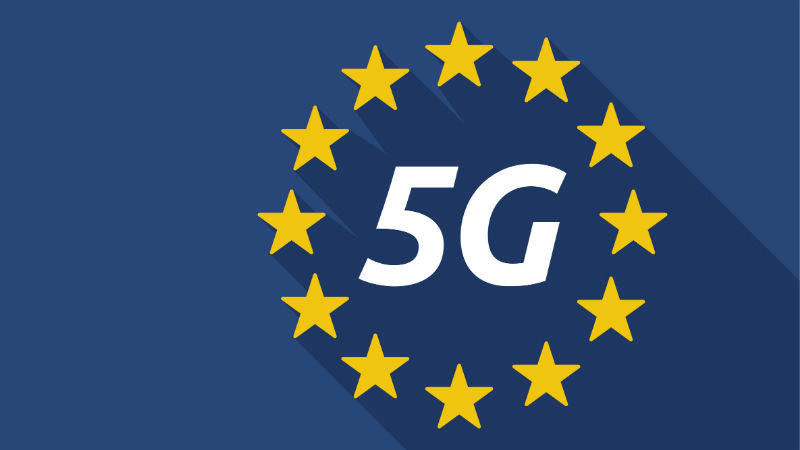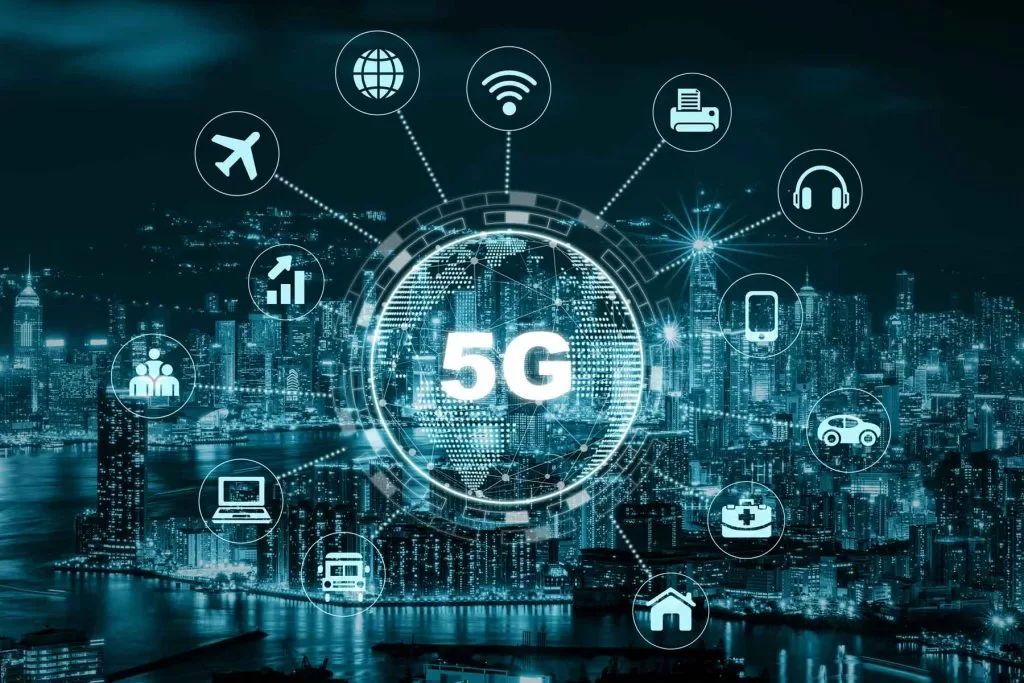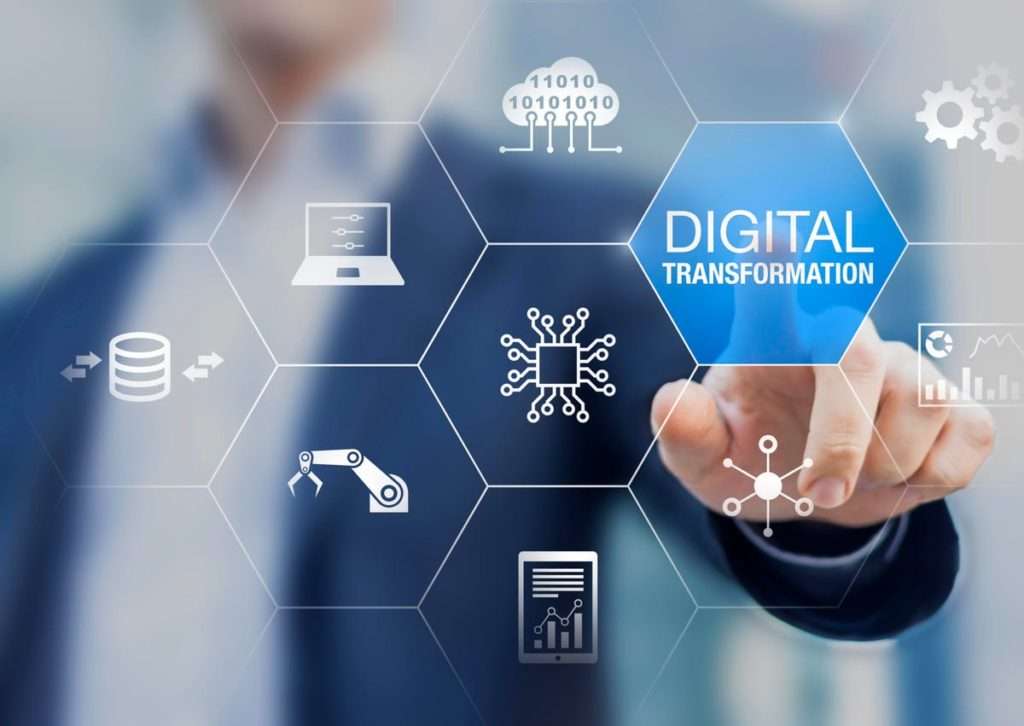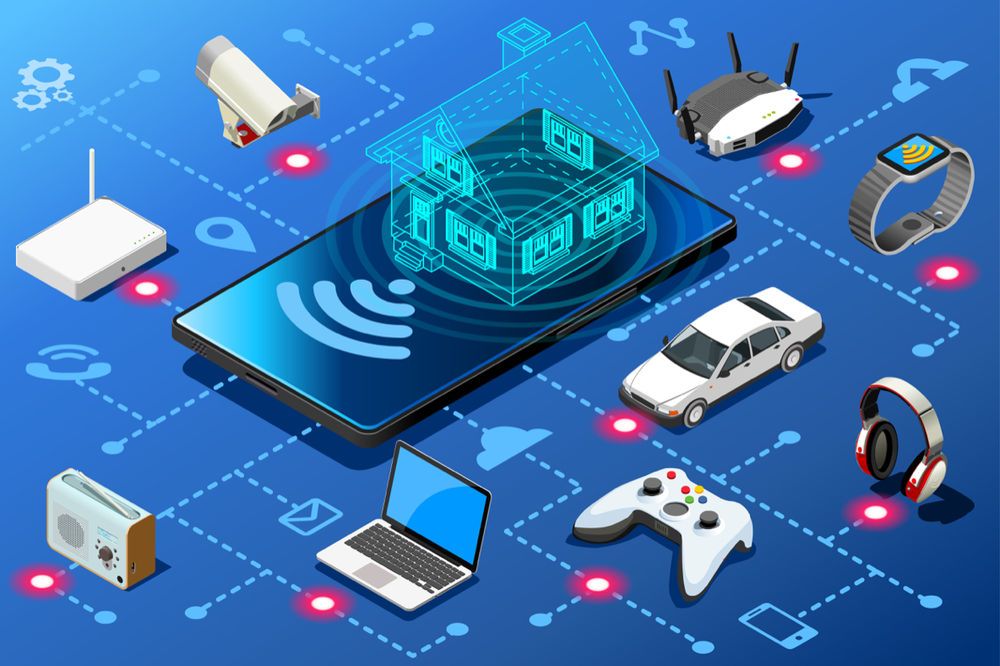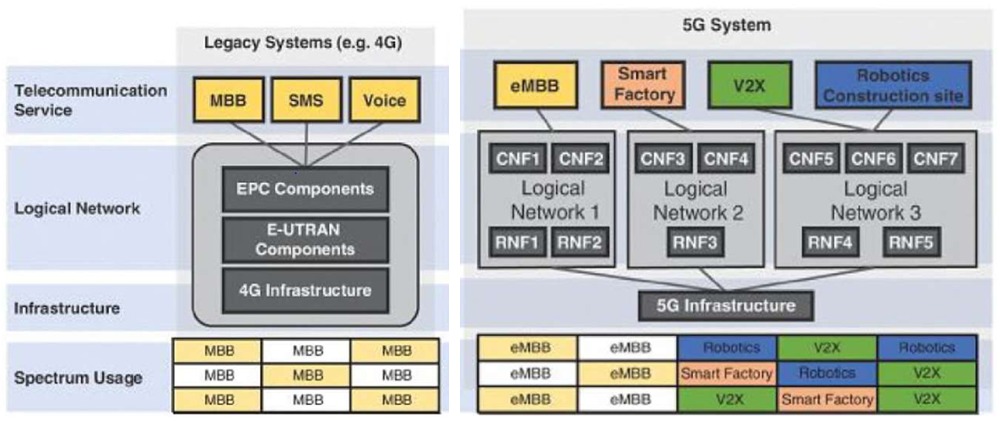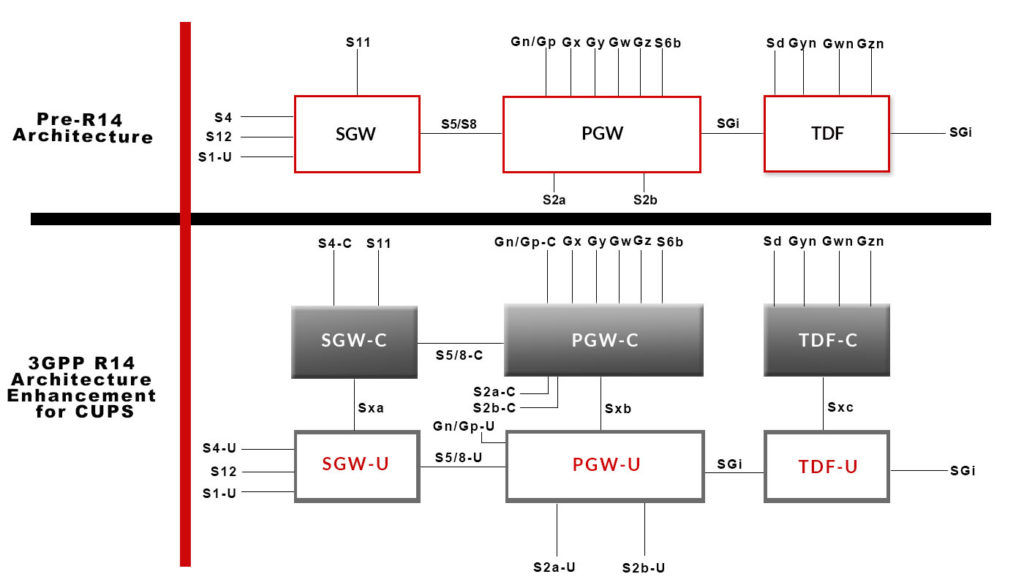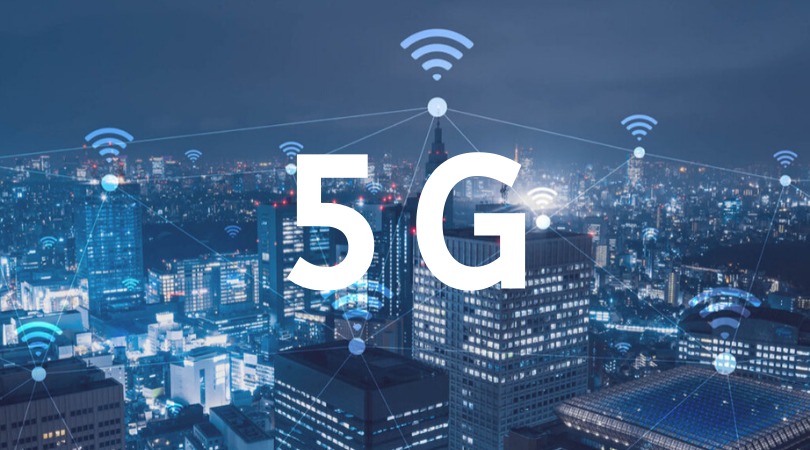All countries around the globe are currently looking for ways to develop an efficient 5G ecosystem that will provide added value and lead them towards the digitalization of their societies. As it turns out, the productivity and efficiency benefits of implementing 5G will bring about changes in business, skills, and services. More than just a faster version of 4G, 5G technology with enhanced speed, reliability, reduced power consumption, and mass connectivity will push the transformation of businesses and the wider society, enabling universal access to broadband connections.
As there are currently under planning great investments in the Artificial Intelligence (AI) area and the Internet of Things (IoT), 5G can act as the underlying platform to enable connectivity and convergence of businesses and society. This way, a worldwide 5G deployment will help the community to experience the full benefits of the emerging 5th generation technology advancements.
The forecasts expect economic benefits for all economies considered in the 5G ecosystem, as 5G offers the ability to review business models, skills, products, and services. These benefits are intensifying from 2025 onwards, when 5G-based applications will be more widespread, and expected to add 1.3 trillion USD to the world GDP by 2030.
European Union
The European Commission recently announced an ambitious plan for digital actions and goals by 2030. The so-called “digital compass” of the EU includes four axes of particular importance, giving connectivity and access to high-speed internet connection for all EU citizens.
The aim is to make the EU a dominant player in the digital sector in an open and interconnected world and to implement digital policies. These policies will enable citizens and businesses to benefit from a sustainable digital future with human prosperity and focus. This way the EU can compete as a whole with other major global players such as the US, China, and Asia, which already seem ahead of the 5G and digitalization game.
Multi-state projects
To better address the EU’s critical capacity gaps, the Commission will facilitate the rapid launch of multinational projects, combining EU budget investments, with investments from Member States and the industry, building on the Recovery and Sustainability Mechanism and other EU funding programs.
Furthermore, as noted in the EU recovery and resilience plans, the member states are committed to devoting at least 20% of their expenditure to digital priority. Potential multinational projects include developing a pan-European interconnected data processing infrastructure, the design, and development of reliable next-generation low-power processors, or the creation of connected public administrations.
The four axes of the digital compass
The four axes of the digital compass are Digital Skills, Digital Infrastructure, Digital Transformation, and Digitization of public services.
Digital Skills: The main plan is that by 2030 the EU should employ 20 million ICT professionals. It is expected that at least 80% of all adults should have basic digital skills and that women should also have an increased presence in these employee positions.
Digital Infrastructure: By 2030, the main aim is that all residential areas in the EU should have 5G coverage, with all EU households having gigabit connectivity. The production of innovative and sustainable semiconductors in Europe should account for 20% of the world’s production. Furthermore, by 2030, 10,000 climate-neutral, high-security fringe nodes should be deployed in the EU, while at the same time, Europe should have its first quantum computer.
Digital Transformation: By 2030, three in four companies will have to use cloud computing, mass data, and artificial intelligence services. Over 90% of SMEs must have achieved at least a basic level of digital intensity, and the number of EU unicorn startup companies must have doubled.
Digitization of public services: By 2030, the target is for all critical public services to be available online. The idea is that all citizens will have access to their electronic medical records, and 80% of citizens should use an electronic identification (eID) solution.
Additional investments
The European Union recently announced its flagship vision, the Digital Compass, which will act as a roadmap for digitizing the economy and society by 2030. In terms of connectivity, Europe aims for all European households to connect at speeds of at least one gigabit by 2030. This is a 59% increase compared to household speeds in 2020. All residential areas should be covered by 5G by the end of the decade, compared to about only 14% in 2021.
However, to achieve this vision, Europe needs to invest an additional € 300 billion mainly targeted towards 5G and fiber optics infrastructure. This is based on the results of a study conducted by the European Telecommunications Network Operators Association (ETNO), citing a study by the Boston Consulting Group (BCG).
Research shows that Europe could create 2.4 million new jobs over the next four years through the digital transformation while boosting economic growth and advancing the green agenda. Analysts claim that advanced connectivity will help Europe create new jobs as part of its recovery plan from the Covid-19 pandemic.
The role of providers
However, as mentioned above, this will require new investments of at least € 300 billion in next-generation mobile and fixed telephony networks, namely 5G and fiber optics. BCG estimates that half of this investment should go to 5G, with an additional € 150 billion in next-generation fixed telephony networks development.
The study notes that much of this investment activity will be borne by telecommunications providers, but ETNO calls on governments and policymakers to take their share of responsibility. The report named ‘Connectivity & Beyond: How Telcos Can Accelerate a Digital Future for All’ notes that investment in the development of European networks must be made attractive so that the long-term viability of the telecommunications sector will be strengthened. Providers will invest for the common good, but the financial returns on investments for individual companies will not necessarily be attractive. This cannot be ignored by policymakers.
€ 113 billion in GDP
BCG analysis shows that 5G alone can lead to annual growth of the European GDP of € 113 billion and create 2.4 million new jobs in Europe by 2025. Finally, the widespread use of digital solutions, based on increased connectivity, can favor the environment by reducing carbon emissions by up to 15%.

